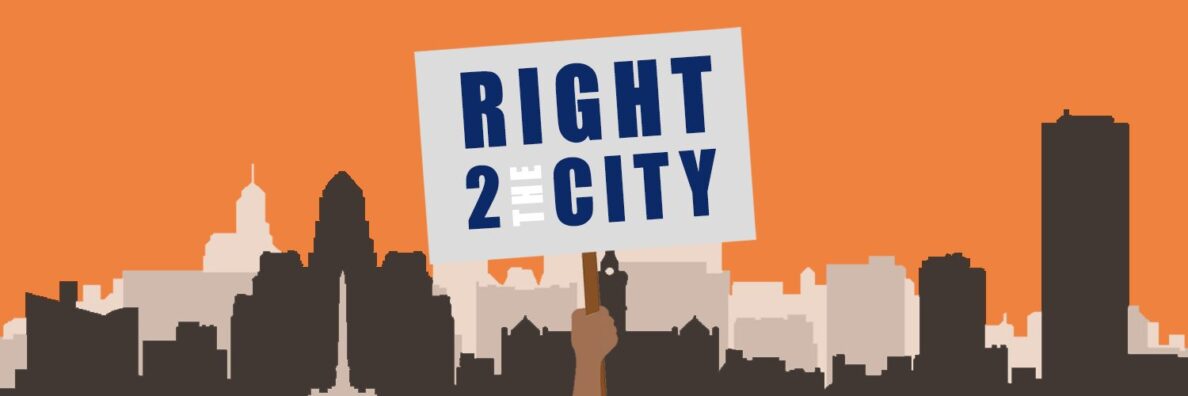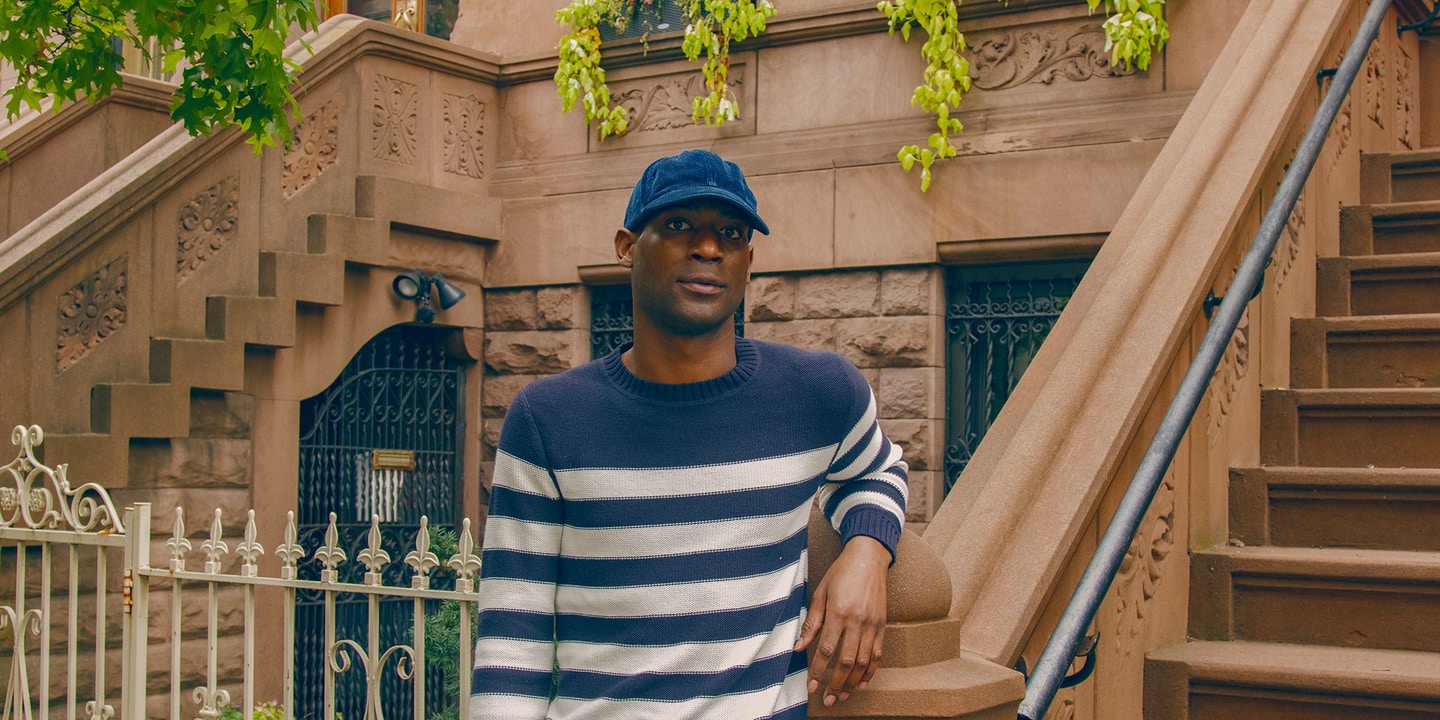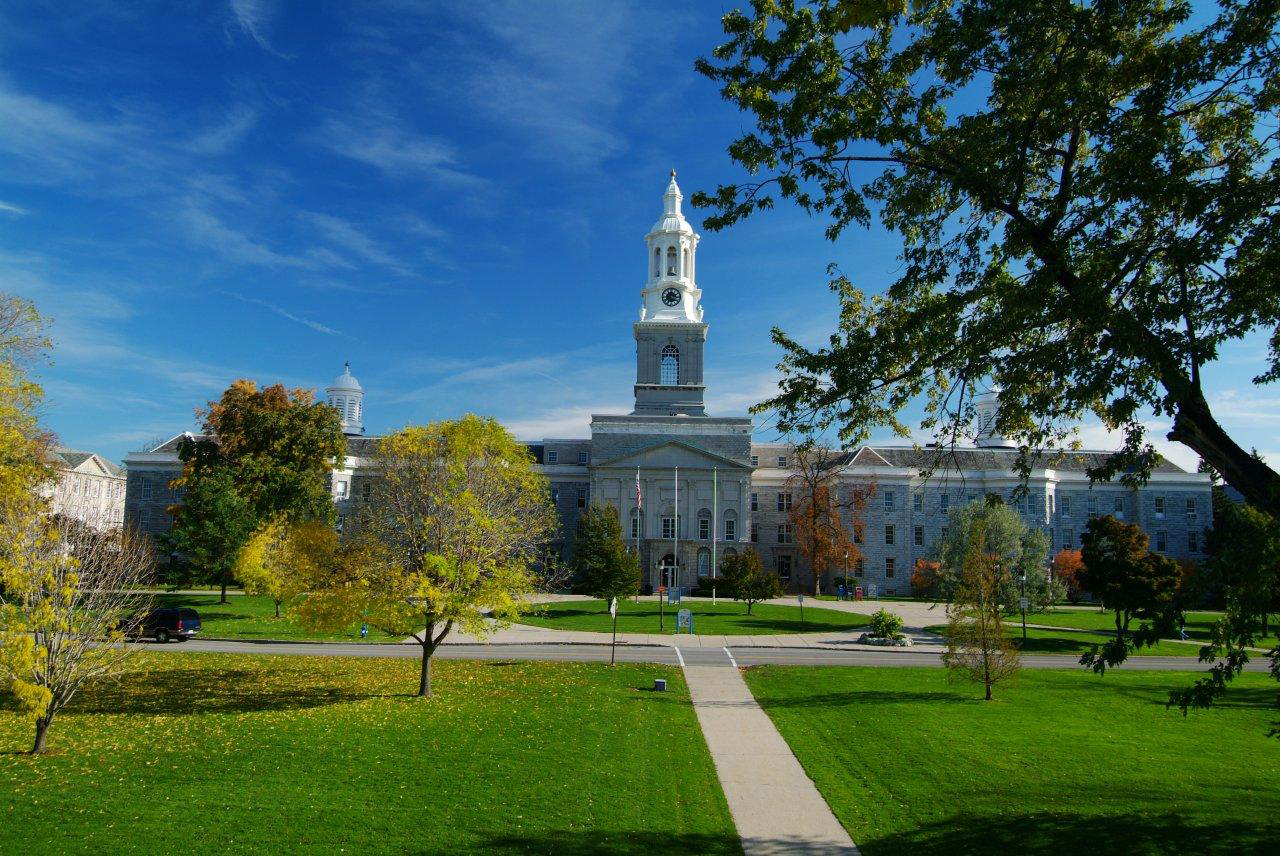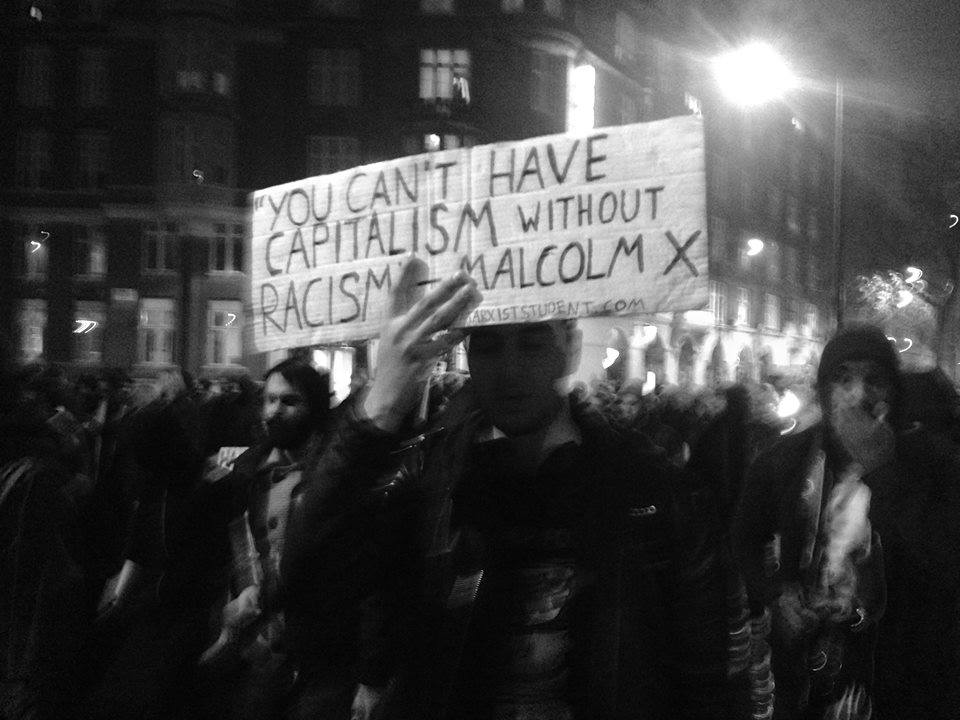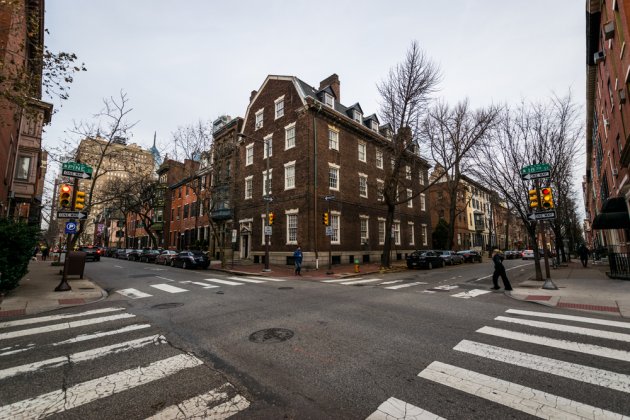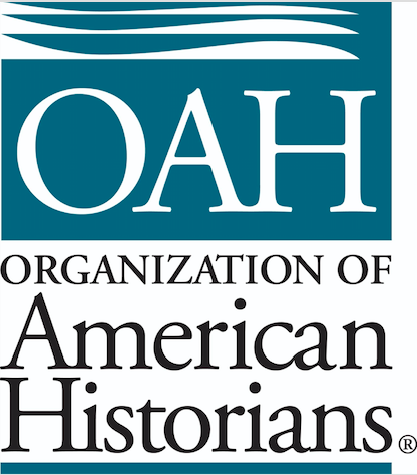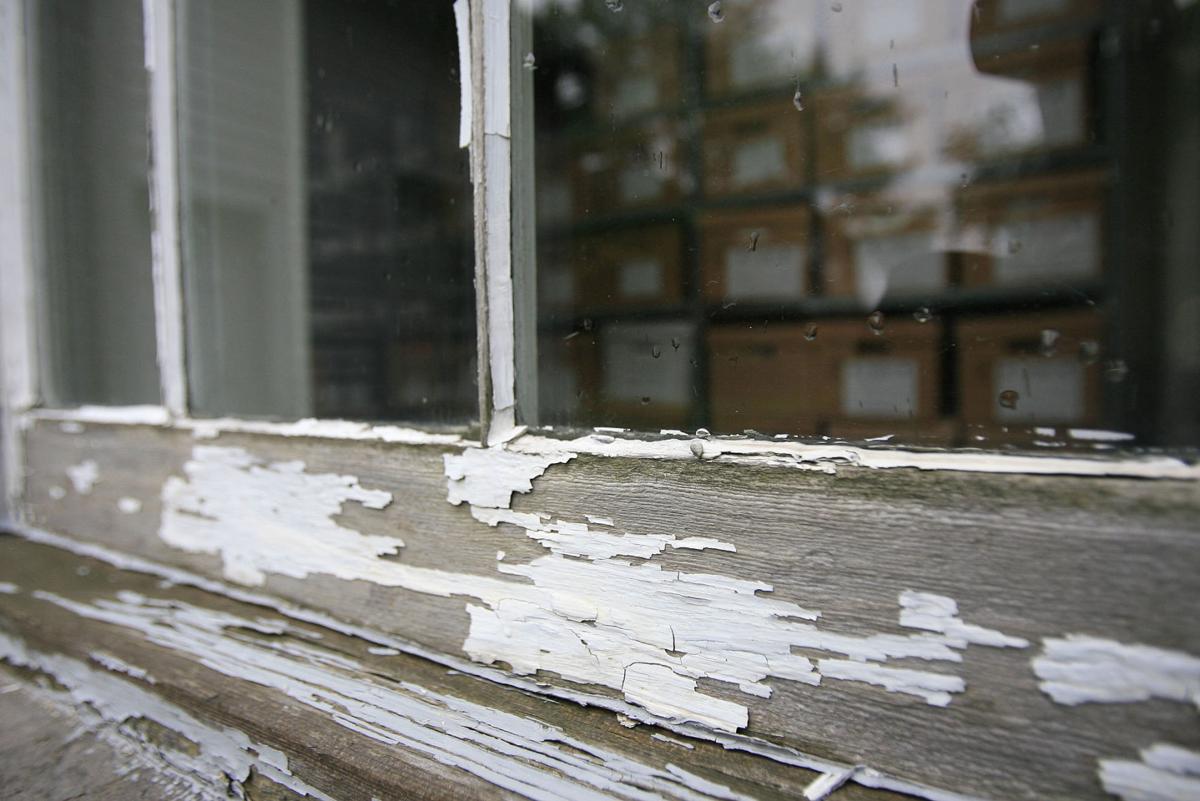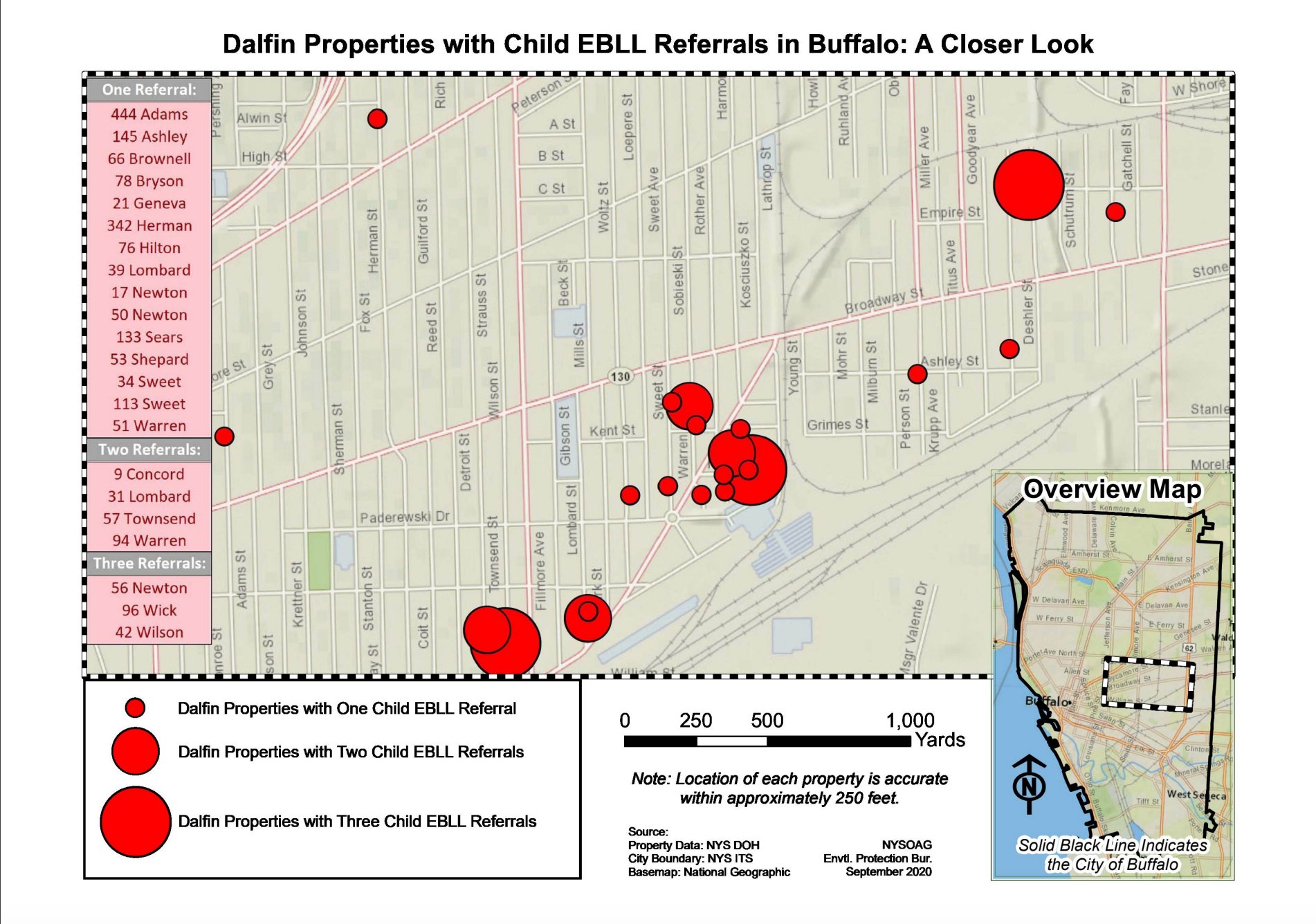Stop-and-Frisk Never Really Ended. Now It’s Gone Digital.
By
Read the full article from The Intercept, here.
“Terron Belle was walking home from an upper Manhattan subway station one evening, three years ago, when an unmarked police car pulled up behind him. Four officers in plainclothes surrounded him on the sidewalk, ordering him to turn around against a gate so they could search him. Belle complied, and the officers found nothing on him, but they then demanded his ID, telling him that they were looking for guns and doing a ‘warrant check.’ ‘I didn’t have any warrants,’ Belle told The Intercept. ‘I was a bit confused, like, why were they searching me for a warrant?’ “
